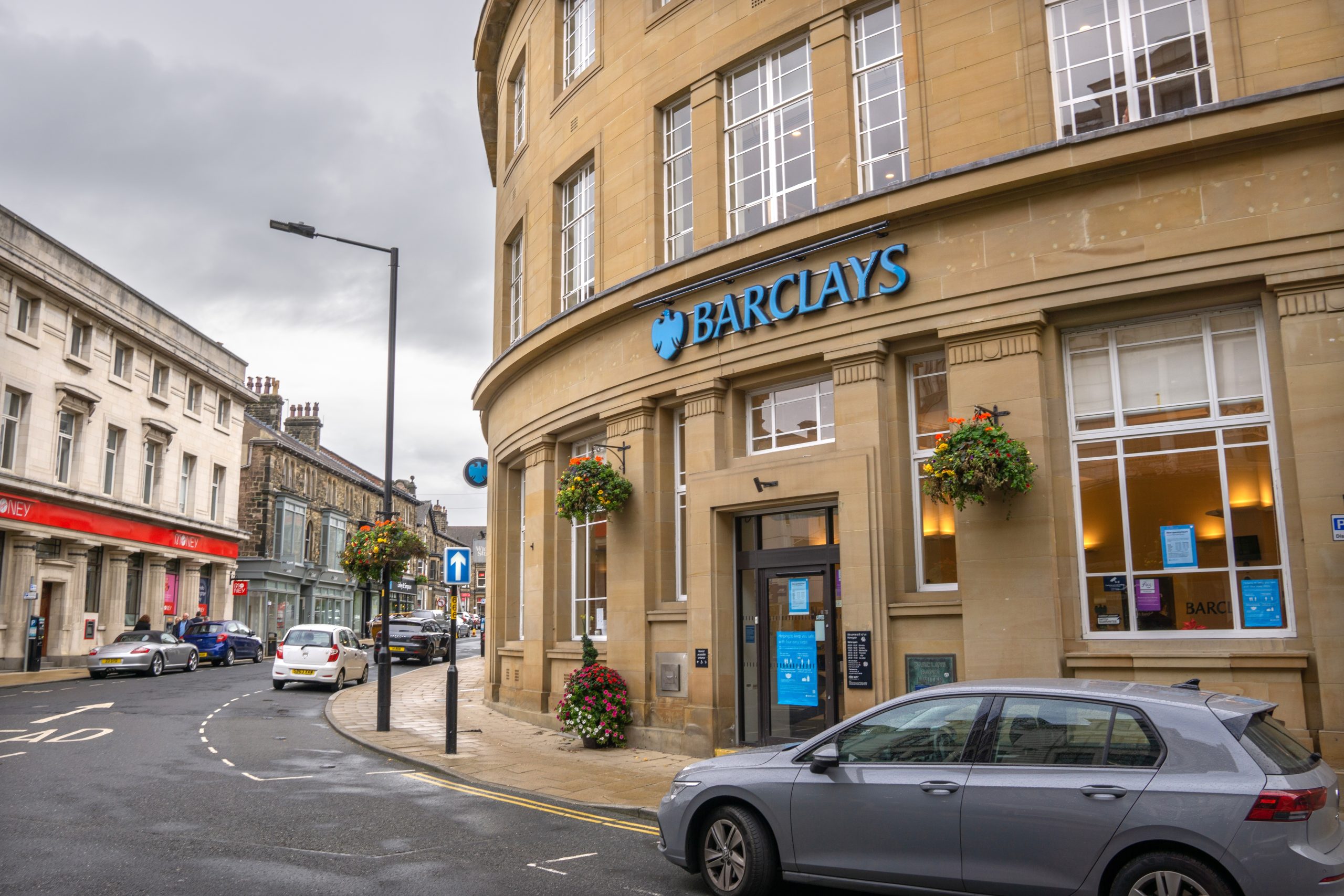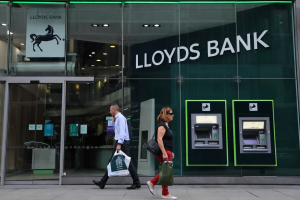
Finance
The UK’s car loan mis-selling scandal is widening, and its financial fallout is mounting. Barclays Bank has added another £325 million to its compensation provisions, joining Lloyds Banking Group, which last week announced a similar £800 million increase. The new charges highlight how consumer redress costs are again reshaping bank balance sheets — and raising fresh questions about lending practices, regulation, and trust in the financial system.
Understanding the Scandal: What Happened and Why It Matters
At the center of the issue are discretionary commission arrangements (DCAs) — a system that allowed car dealers to set interest rates on auto loans and earn higher commissions for charging borrowers more. The UK’s Financial Conduct Authority (FCA) has ruled that such practices led to systematic overcharging of millions of consumers, prompting a wave of claims for compensation.
While these agreements were banned in 2021, their legacy continues to haunt banks that financed vehicle purchases. For lenders like Barclays and Lloyds, which hold large shares of the UK car finance market, the cost of cleaning up the past is rising sharply. Barclays’ latest provision brings its total redress set-aside to over £1 billion, underscoring both the scale of exposure and the regulator’s growing focus on fairness in credit practices.
Impact on Customers and the Credit Market
For affected customers, the scandal could mean refunds of excess interest payments and compensation for unfair lending terms. Consumer groups estimate that total industry-wide payouts could exceed £10 billion, rivaling the Payment Protection Insurance (PPI) debacle that rocked UK banking a decade ago.
The implications go beyond one-off compensation. Lenders are tightening credit policies, which could make it harder for some consumers to access affordable auto loans or personal credit in the near term. At the same time, the scandal has reignited debate over how transparent pricing should be — especially in products like mortgages, checking accounts, and small business loans, where rate flexibility can blur into potential mis-selling.
How Banks Are Responding: Compliance, Trust, and Digital Transformation
For banks, the scandal is both a financial and reputational test. Regulators are demanding stronger internal controls, clearer customer disclosures, and automated tracking of commission structures. Some lenders are turning to digital banking tools and AI-based compliance systems to identify unfair practices in real time.
Analysts note that UK banks’ profitability — already under pressure from slowing loan demand and rising deposit competition — could be hit by higher provisions and legal costs. Yet the episode also accelerates long-term modernization: as banks digitize, transparency and customer trust are becoming new forms of competitive advantage.
Looking Ahead: Lessons for the Industry
The car loan scandal is a reminder that in banking, trust is capital. When customers feel misled, reputational damage can outlast any financial penalty. For investors, these new provisions are a cautionary signal that legacy compliance risks still lurk beneath the surface, even as banks invest in new technology and sustainability strategies.
In the coming year, the balance between profitability and consumer protection will remain a defining challenge. As interest rates stabilize and digital innovation accelerates, banks that embed fairness and accountability into their lending systems will not only minimize risk — they’ll also strengthen the foundations of long-term growth.
 Previous Post
Previous Post
Barr Warns of Growing Stablecoin Risks
 Next Post
Next Post
Lazard’s Bid to Build the World’s Premier Financial Sponsors House

February 27, 2026

February 27, 2026

February 27, 2026

February 27, 2026